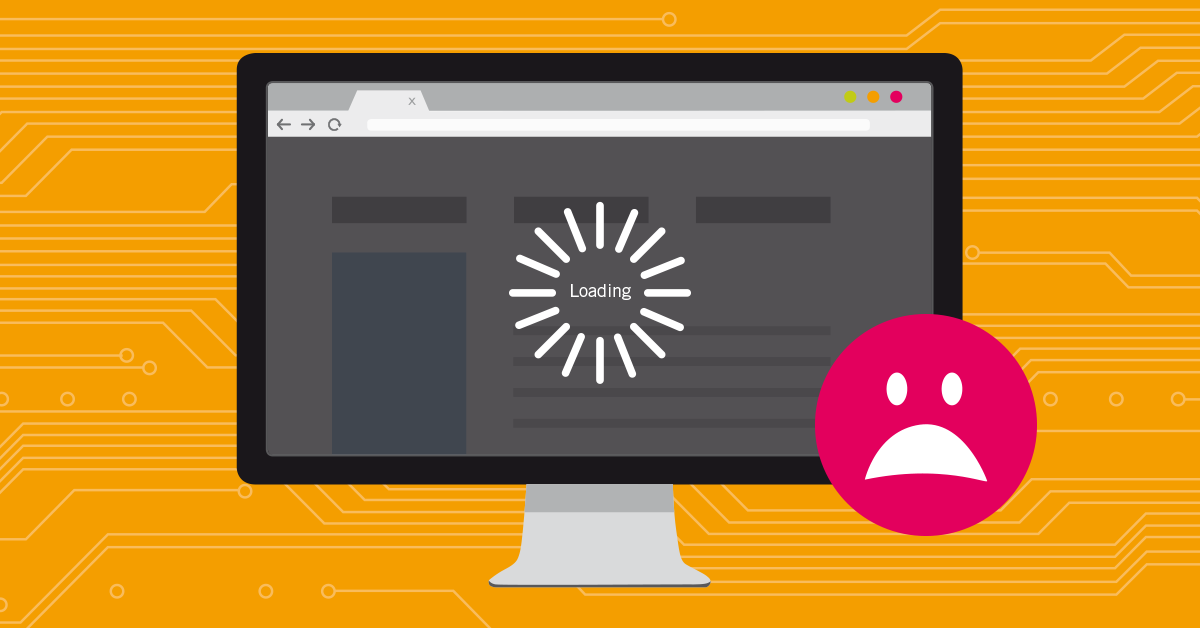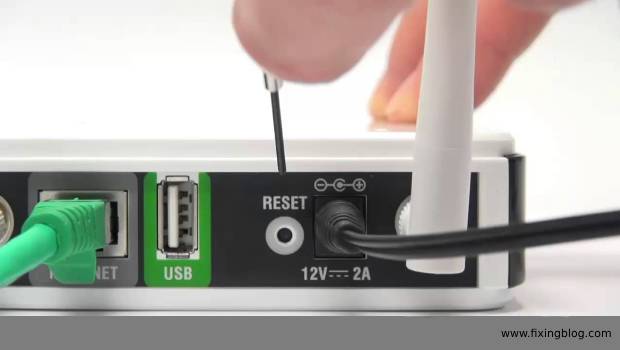Anyone working, studying, or trying to remain amused at home despises slow connections. This is how the most frequent issues are resolved.

These might be the causes for your sluggish internet connections at home, and here’s how to fix them.
Working from home has become a permanent reality for many of us in the workforce as a result of the COVID-19 epidemic. Stable internet at home is no longer simply necessary to remain in touch with family and friends or to be engaged. WI-Fi that takes forever to connect? There are techniques to make your home office network run faster. If you are using too much bandwidth, your internet provider may have put a limiter on your account. If that’s the case, you’ll need to contact them to fix the issue, and you may need to renegotiate your contract or transfer providers completely.
How is speed?
If you already have a fiber package and there’s no reason why you’re experiencing poor internet speeds as a result of what you’re paying for, visit Speedtest.net or Fast.com for a real-time examination of your connection.

If you pay for a service with speeds up to 30Mbps but only get 2 or 3Mbps, for example, there might be a problem with your ISP. It’s worth checking in with your provider at this point to see if there’s an outage in your region; you may do so by typing your ISP’s name and “outage” into a search engine or visiting their website. You may also inquire whether any of your neighbors are encountering difficulties. Flickering lights on your router might potentially signal an issue with cables or junction boxes outside of your home.
If you’re having problems with only one online service, go to Down for everyone or just me, put in the URL, and discover if your poor speed or failed connection to a site is the result of a third-party problem or outage. When your service fails to access web domains, it’s often the fault of ISPs or content delivery networks (CDNs), as was the case in June when Fastly went down and rendered huge swaths of the internet unavailable.
Your router has to be reset.

The simplest explanation isn’t always the best. If your internet speed is slowing down, try disconnecting your router, turning it off for about 10 seconds, and then restarting it. Routers, like computers, may benefit from a refresh every now and again. It’s all about the place. A conventional router or a mesh network (unless you’re depending on a mobile device and cellular 3G/4G/5G configuration) are the two types of hardware used to link your house. Wireless commerce: For your home office, the finest Wi-Fi routers. Traditional routers serve as a central hub for connecting you to your Internet service provider. The traffic is managed by these routers through a single access point.
Check your wire The cabling connecting your router to a switch, phone jack, or PC is something that is often ignored yet can create connectivity or speed difficulties. If your wires are old, you might consider renewing them and replacing them.


